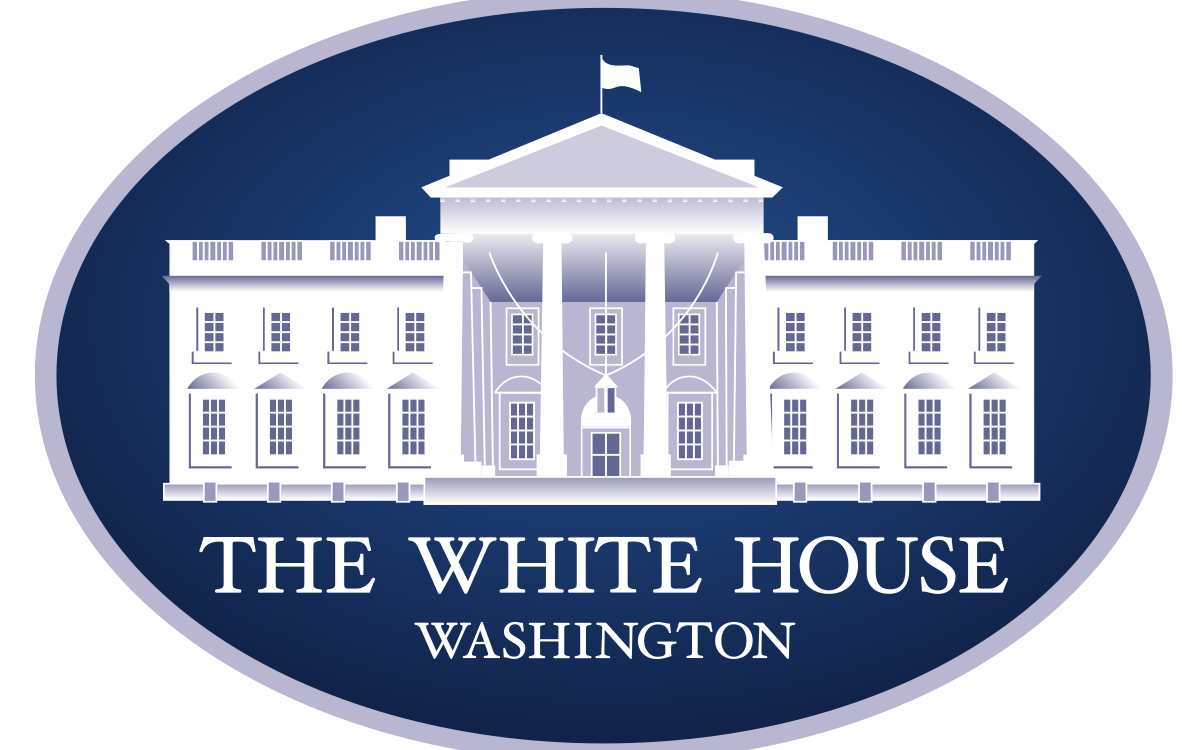
Mexican World Trade Center seeks to connect Arkansas companies with Mexican buyers
November 28, 2018
Japanese delegation meets with Arkansas leaders
December 13, 2018FOR IMMEDIATE RELEASE
November 30, 2018
THE UNITED STATES SIGNS A STRONGER TRADE AGREEMENT WITH MEXICO AND CANADA
“This new deal will be the most modern, up-to-date, and balanced trade agreement in the history of our country, with the most advanced protections for workers ever developed.” – President Donald J. Trump
REBALANCING OUR TRADE RELATIONSHIP: President Donald J. Trump kept his promise to deliver a modern and rebalanced trade deal to replace NAFTA.
- Today in Argentina, the United States is joining Canada and Mexico to sign a new trade agreement that will better serve the interests of American workers and businesses.
- This follows the President’s announcement in October that a deal had been reached.
- The new United States–Mexico–Canada Agreement (USMCA) will replace the outdated, failed North American Free Trade Agreement (NAFTA).
- With the signing of this agreement, President Trump has delivered on his promise to renegotiate NAFTA and protect American farmers, ranchers, businesses, and workers.
SECURING A STRONGER DEAL FOR AMERICAN INDUSTRIES AND WORKERS: USMCA is a stronger deal for American farmers, ranchers, businesses, and workers.
- USMCA will help incentivize billions of dollars in additional vehicle and auto parts production in the United States.
- The agreement includes updated rules of origin that require 75 percent of auto content to be produced in North America.
- American autoworkers will benefit from rules that incentivize the use of high-wage manufacturing labor in the auto sector.
- This includes a requirement that 40-45% of a vehicle consist of content manufactured by North American workers making at least $16 per hour.
- USMCA’s labor and environment chapters are fully enforceable and represent the strongest labor and environmental provisions of any trade agreement ever negotiated.
- Mexico agreed to historic labor reforms to provide for genuine collective bargaining.
- The agreement prohibits the importation of goods produced by forced labor.
- The agreement includes provisions that allow agriculture products to be traded more fairly.
- Canada will end its “Class 6” and “Class 7” programs that allow low-priced dairy products to undersell American dairy producers.
- Canada will increase market access for United States dairy products, eggs, and poultry.
REFORMING TRADE FOR THE 21ST CENTURY: USMCA modernizes our trade relationship with Canada and Mexico to reflect the realities of the 21st century.
- The new agreement includes a modernized chapter that provides stronger and more comprehensive intellectual property protections than any prior United States trade agreement.
- These protections are vital to promoting innovation and economic growth.
- USMCA includes robust copyright protection, 10 years of data protection for biologic drugs, and new protections against the theft of trade secrets.
- USMCA includes the strongest digital trade and financial services provisions of any United States trade agreement.
- New rules ensure that data can be transferred cross-border and that limits on where data can be stored are minimized.
- USMCA will cut red tape at the border, streamline trade, and reduce regulatory uncertainty.
- The agreement includes a currency chapter that will help reinforce transparency and stability.
###


